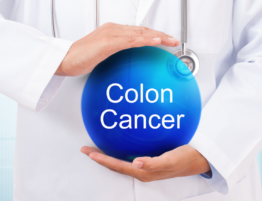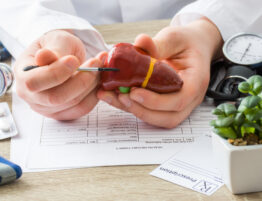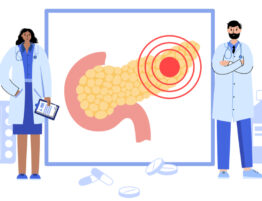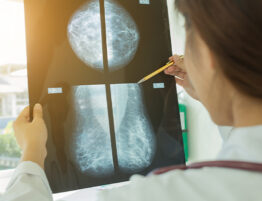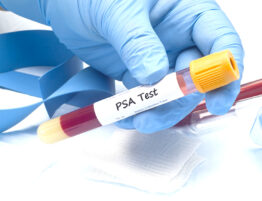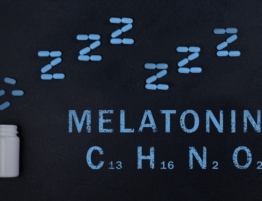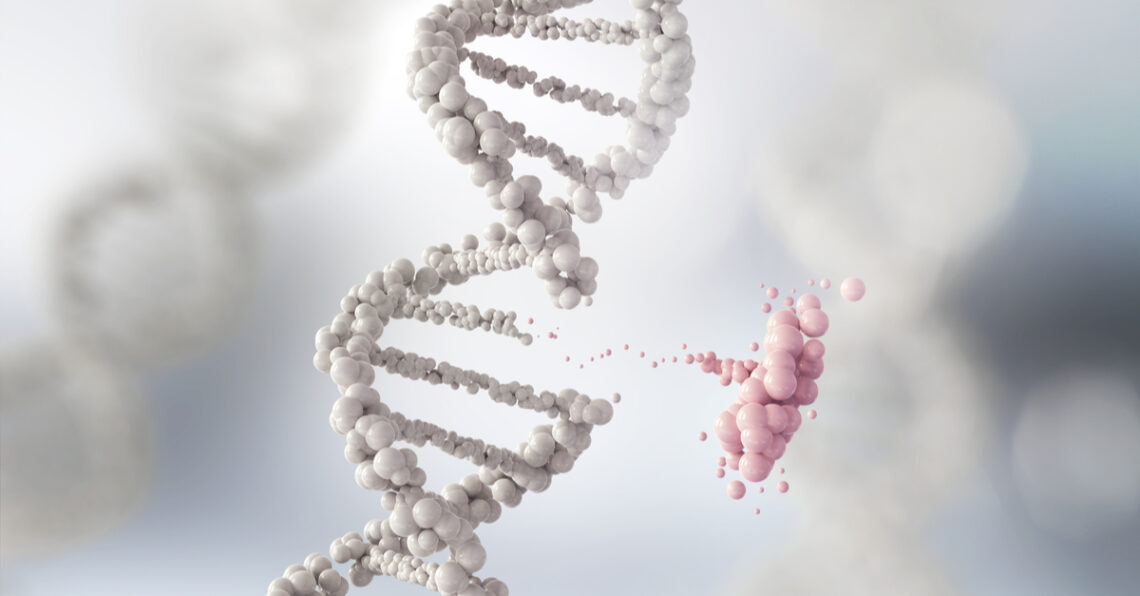
What is Cancer?
Cancer is a result of abnormal functions within our body causing a faulty multiple division of cells combined with a weak or malfunctioning immune system.
This disease can impact any organ in the body including our brain, breast, colon, liver, lung, and etc. Due to the diverse range of origins, there are over 100 types of cancer.
In 2018, the number of newly diagnosed cancer patients jumped from 14.1 million in 2012 to 18.1 million. This marked cancer the disease of the century.
What Causes cancer?
Our body has billions of cells constantly dividing and this division of cells is controlled by our entire system. At any point, this process can be disrupted, and our cells can start to divide abnormally. These atypical cells will become cancerous or malignant when the faulty division occurs within the DNA of the cell. The DNA in each cell has a large number of genes which contain the instructions of how the cell will perform, divide and grow. Cancer is caused by a change (mutation) in the DNA of the gene. These changes can occur before birth (genetics) or after.
- Gene mutations before birth: we carry these mutations when we were born and inherited them from our parents. The percentage of this type of mutation to cause cancer is less though.
- Gene mutations after birth: these mutations happen from outside forces such as smoking, chemicals, radiation, obesity, hormone imbalance, chronic inflammation, and etc.
What are the types of cancer?
Cancer can be divided depending on its origin into 4 main types:
- Carcinoma: is the cancer happening in Epithelia tissues, like the skin or the surface lining the internal organs as colon, lung, liver, prostate and others.
- Sarcoma: starts in the connective tissue, the part that connects and supports the body, as muscles, fat, bone, cartilage, nerves, joints, blood vessels and lymph vessels.
- Leukemias: is a cancer of the white blood cells. It begins when healthy white blood cells change and grow uncontrollably. It can be categorised into 4 main types:
- acute myeloid leukemia,
- chronic myeloid leukemia,
- acute lymphocytic leukemia, and
- chronic lymphocytic leukemia.
- Lymphomas: starts in the lymphatic system, a system made of vessels and glands which helps to fight infection and cancer.
What are the symptoms and signs of cancer?
Symptoms can vary according to the organ affected by cancer. But some general symptoms include the following:
- Fatigue
- Lump or area of thickening that can be felt under the skin
- Weight changes, including unintended loss or gain
- Skin changes, such as yellowing, darkening or redness of the skin, sores that do not heal, or changes to existing moles
- Changes in bowel or bladder habits
- Persistent cough or trouble breathing
- Difficulty swallowing
- Hoarseness
- Persistent indigestion or discomfort after eating
- Persistent, unexplained muscle or joint pain
- Persistent, unexplained fevers or night sweats
- Unexplained bleeding or bruising
What are the risk factors of having cancer?
Factors which increase the risk of having cancer are:
- Age: although cancer can occur at any age, it is more likely to happen in adult ages, in age 60 years old and above.
- Lifestyle: certain habits can play an important role in developing cancer or preventing it. For example, alcohol consumption of more than 1 drink a day for men above 65 years old and women at any age, can increase the chances of having cancer.
- Environment: the environment around us can be harmful even if we have a good life style. For example, being a secondhand smoker (sitting beside someone who smokes).
- Health condition: if you are suffering from chronic diseases as colon inflammation, or have a viral infection as HPV (Human Papilloma Virus).
What are the complications of cancer?
Cancer can cause different complications which can be only one or multiple complications together. These complications vary depending on the type of cancer:
- Pain: cancer or its treatment can cause pain.
- Fatigue: it can occur in almost all types in cancer but it is easily managed. It can also occur from treatments as such with chemotherapy or radiotherapy but this is usually temporary.
- Weight loss: cancer tends to steal the food from the normal cells and deprives them of nutrients.
- Nausea: certain types of cancers as stomach cancer tend to make us feel nauseous.
- Cancer spread: when cancer becomes advanced it tends to spread or metastasise. This can happen either to surrounding organs, through blood vessels or through lymphatic vessels.
- Immune system: cancer can cause a rare reaction to the immune system. The immune cells can start attacking healthy cells being a disease called “paraneoplastic syndrome”.
- Cancer return: cancer survivors are always at risk for cancer recurrence.
What are the stages of cancer?
Cancer staging is an important process to determine how advanced the case is and what treatment options are available. Usually cancer is staged from 0 to 4. The higher number indicates more advanced case.
The most common system used to stage cancer is TNM:
- T: refers to the size of the tumour
- N: refers to the nearby or distant lymph nodes infected
- M: stands for metastasis. This indicates whether cancer spread or metastasised to other organs.
How can cancer be diagnosed?
Cancer can be diagnosed by a combination of the following approaches:
- Physical examination: doctors will look for lumps or abnormalities such as changes in skin colour or enlarged organs.
- Blood tests: some blood tests can indicate if you are having cancer or if there is any abnormality in a specific organ which may be due to cancer.
- Imaging: it allows doctors to see inside the body and if there is any mass or abnormal lump in any organ which may be a cancer. Further testing is required to confirm the diagnosis. Examples of the imaging tests are:
- PET Scan (Positron Emission Tomography)
- CT Scan (Computed Tomography)
- MRI scan (Magnetic Resonance Imaging)
- X-ray
- Ultrasound
- Biopsy: its process involves collecting samples of the suspicious part and testing it in a special laboratory to confirm if it is cancer or not.
What are the treatments of cancer?
Cancer can be treated in different ways, either by one of the following methods or a combination of two or more of them:
- Surgery: the aim of surgery in cancer treatment is to remove the mass or the tumour.
- Chemotherapy: using different types of drugs in oral form or intravenous injection or infusion to kill cancer cells.
- Radiotherapy: using high beams of radiation such as X-Ray to kill cancer cells.
- Immune therapy: using immune cells or certain drugs which alerts the immune cells to kill cancer cells.
- Hormone therapy: some cancer types are hormone-dependent, which means they grow on hormones. These include some types of breast cancer, ovarian cancer, and prostate cancer. This therapy uses drugs to block either hormone production or their effects.
- Targeted drug therapy: using a specific drug to attack cancer depending on the availability of certain genes in cancer.
- Alternative therapy: using other treatment methods such as herbal medicine, physical treatments like Hyperthermia, metabolic treatments and many others.
References:


